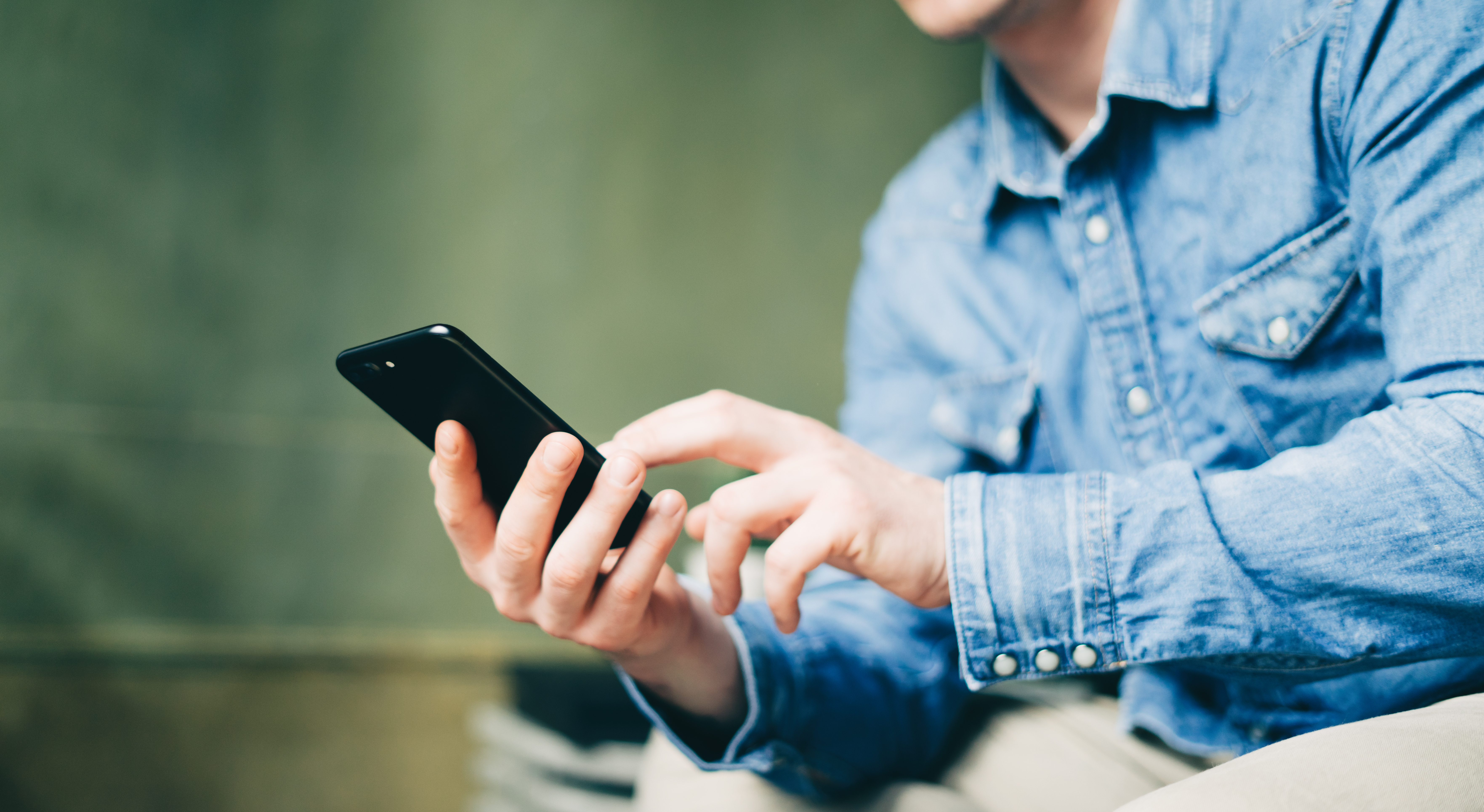
writing
Lawyer/Doctor Atsumi & Sakai Law Office
Outside Director MEDIUS Holdings Co., Ltd.
Junko Echigo
Graduated from the University of Tsukuba School of Medicine. Completed the Graduate School of Medicine at the same university and the Law School of Toin University of Yokohama. Registered as a lawyer in 2010 and started working as an in-house lawyer at Kanazawa University Hospital in the same year. Worked at Toranomon Hospital since 2015. Joined Atsumi & Sakai Law Office from January 2022. Outside Director of MEDIUS Holdings Co., Ltd.
In this corner, a former double-licensed in-house lawyer will introduce legal and ethical topics that may be useful in the medical field.
We often receive inquiries regarding recording, photographing, and video recording within the hospital (hereinafter, any or all of these may be collectively referred to as ``photography, etc.''). The most common question we have had is whether we can refuse a patient's request for recording. Recently, we have been receiving more and more inquiries about not only recording but also taking photos and videos inside the hospital. This time, we will consider the issue of recording.

As a medical professional, I feel that the fact that patients have to record their own statements lacks the foundation of a trusting relationship, and the fact that patients are being recorded tends to make their explanations clumsy. So, I completely understand the feeling of wanting to refuse if possible.
However, you need to think about how meaningful it is to say no. First, think about why you want to record. There are many different situations, so it's hard to generalize, so let's think about it depending on the situation.
To ensure informed consent, when discussing complex topics such as explaining surgery, I think everyone agrees that there is no restriction on taking handwritten notes. As a patient, you may not be able to fully understand the information just by listening to it once, so you may want to record it as a memo and listen to it again later, or ask other family members who were unable to be present during the explanation to listen to it and consult with you. there is.
To begin with, human memory is vague. We only remember what we can understand, and we tend to unconsciously eliminate things that are especially inconvenient for us. In particular, when a person is diagnosed with a serious illness, they are psychologically cornered and unstable due to time constraints, which is more than medical professionals can imagine. It's easy to understand. In these situations, if the outcome is not what the patient intended, it is often experienced as a matter of choice.
Additionally, there may be cases where the relationship of trust has already been broken due to a medical accident, etc., and the person wants to use the information as evidence to obtain a response.
In either case, one's own voice also falls under personal information, so as a medical professional, it is possible to refuse if you emphasize that point of view, but as recording devices have become smaller, it has become easier. In many cases, recordings are made without permission, so it cannot be said to be effective. It is always safer to speak as if you are being recorded. When you are the one being recorded, you tend to be defensive and react sensitively, but these days, voice memos and voice input have become popular, and it is now common to use them in place of handwritten notes.
Especially in the case where the recording is made without permission in a situation where trust has been broken, if only the other party is recording and does not own the recording, it will be impossible to refute the recording even if it is edited to suit the other party. Therefore, it is recommended that the medical institution decline the request to record the information for record purposes and record the information on both sides.
By the way, we are often asked whether unauthorized recordings are admissible as evidence in court, but if the person listening to the conversation was present and the recording was made as a record, then it is generally admissible. On the other hand, unauthorized recordings made when the parties are not present, so-called wiretapping, are often not admissible as evidence, although this cannot be generalized.
In the next Serialization of this series, we will look at how to handle photo and video shooting.